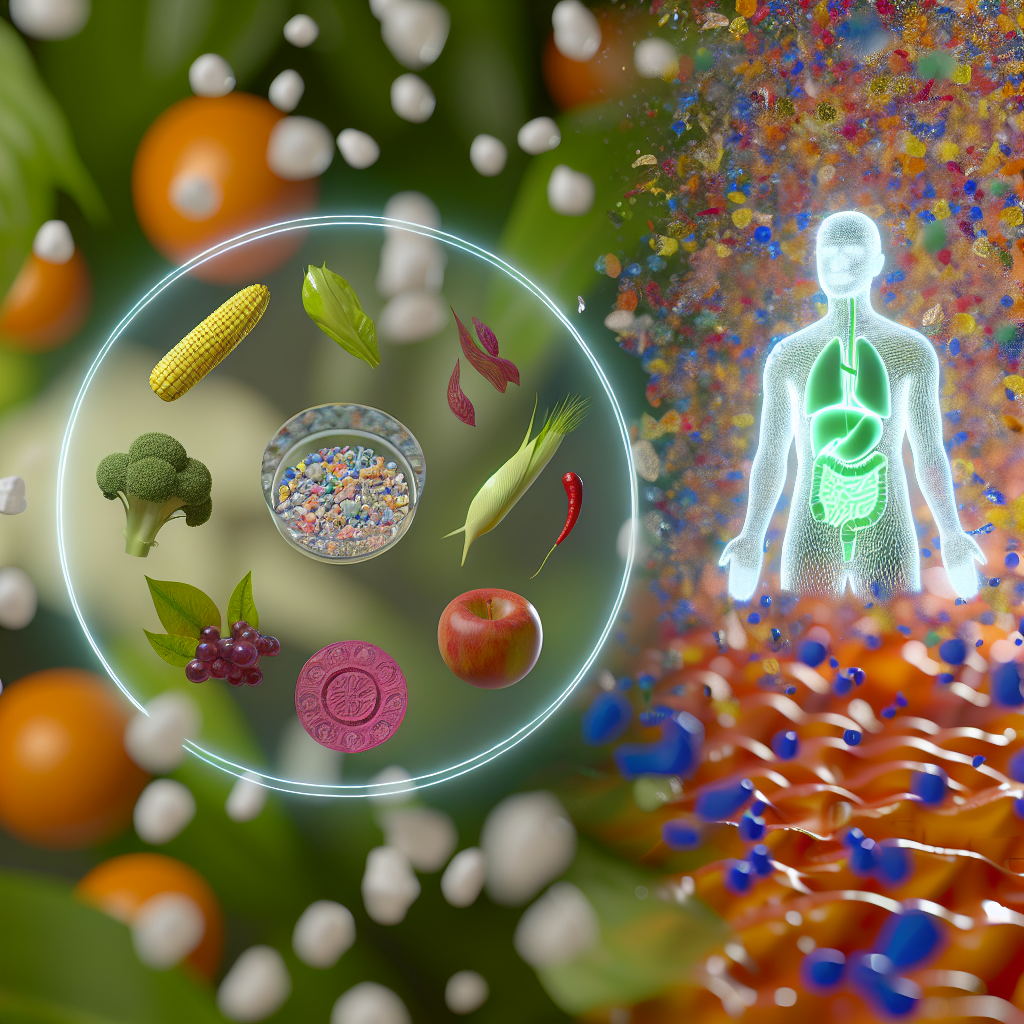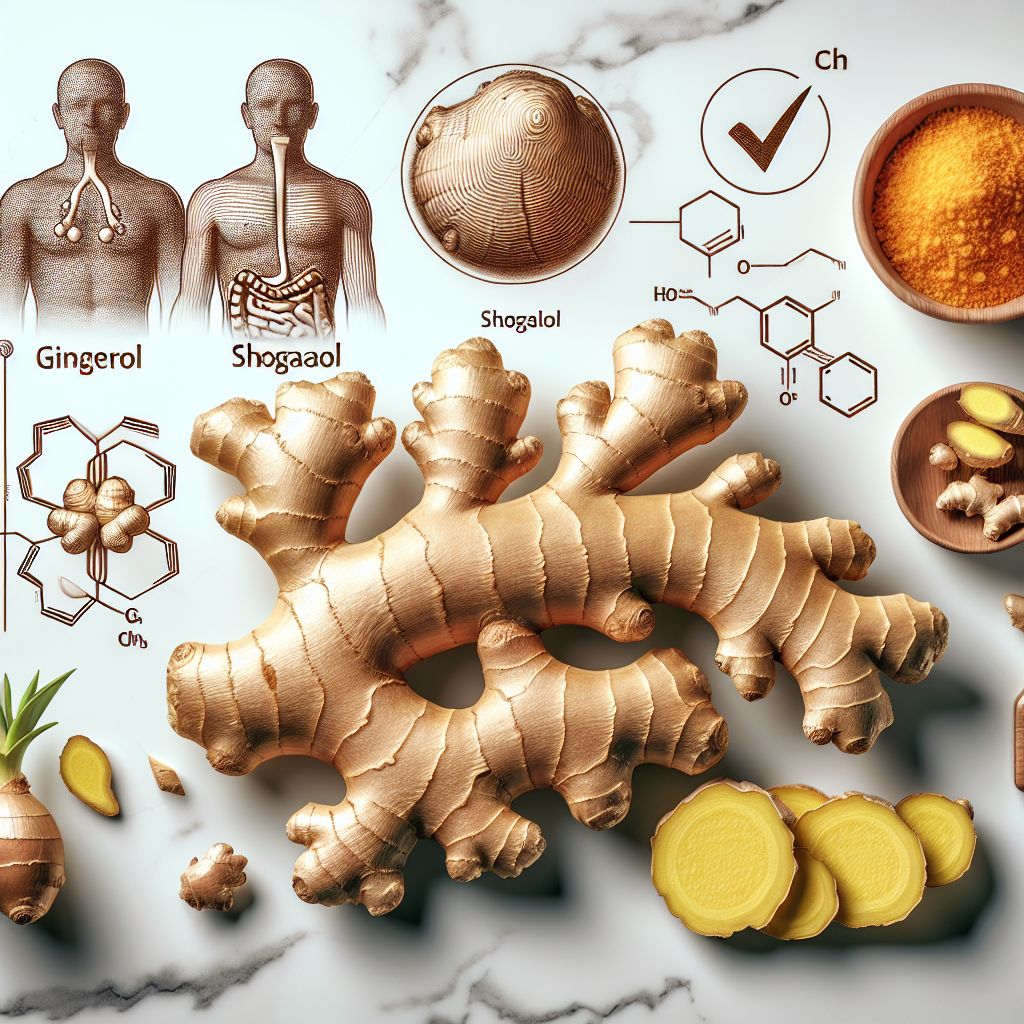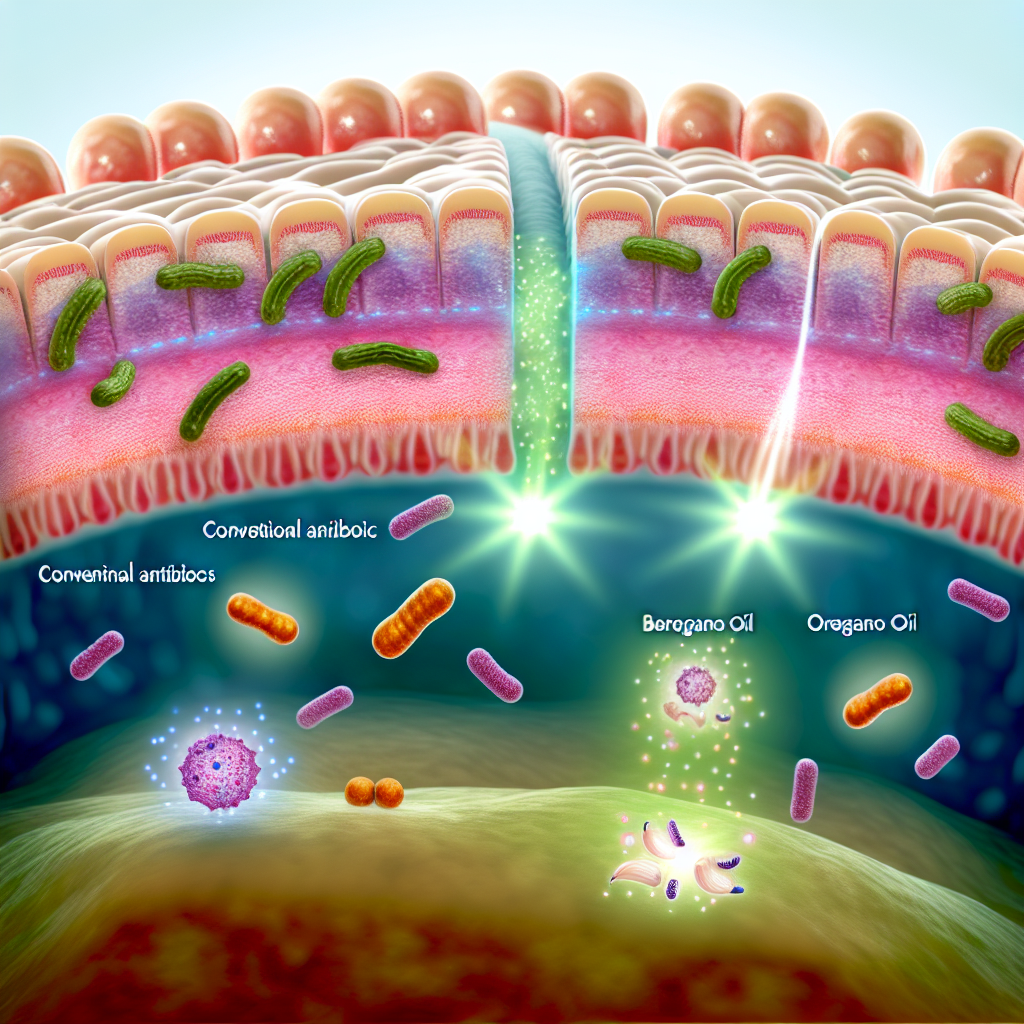Fecal Microbiota Transplantation: Beyond C. Difficile Treatment
The human gut hosts trillions of microbes that play a vital role in digestion, immunity, and even mental health. Fecal Microbiota Transplantation (FMT), the transfer of stool from a healthy donor to a recipient, has proven highly effective in treating recurrent Clostridioides difficile (C. difficile) infections. However, its potential extends far beyond C. difficile, with promising applications in ulcerative colitis, irritable bowel syndrome (IBS), obesity, type 2 diabetes, autism spectrum disorder (ASD), and Parkinson’s disease. As natural health enthusiasts seek holistic gut-healing strategies, FMT’s ability to restore microbial balance could become a transformative tool when combined with dietary changes, herbal therapies, and other microbiome-supportive practices.
Scientific Evidence Supporting Broader Use of FMT
Extensive research has uncovered the efficacy of FMT in treating various non-C. difficile conditions, suggesting its potential to restore a healthy gut microbiome.
Healing Inflammation at Its Source: FMT for Ulcerative Colitis and IBD
A 2015 study published in The Lancet found that patients with active ulcerative colitis achieved significantly higher remission rates after receiving FMT compared to placebo, highlighting its ability to dampen the inflammatory cascade associated with the disease.
Relief for IBS: Real Improvements in Gut-Brain Function
A 2017 study in Microbiome demonstrated that IBS patients receiving FMT reported meaningful relief in symptoms, particularly improved bowel regularity and reduced abdominal pain, hinting at FMT’s potential to modulate the gut-brain axis.
Metabolic Health Makeover: FMT’s Potential in Obesity and Type 2 Diabetes
Research published in Cell Metabolism in 2012 showed that transferring the microbiota of lean individuals to those with obesity and insulin resistance could temporarily improve insulin sensitivity, indicating FMT’s prospective role in an integrative approach to metabolic disease care.
Exploring the Gut-Brain Connection: FMT and Neurological Health
Pilot studies on autism spectrum disorder (ASD) have shown that FMT can reduce GI symptoms and modestly improve behavioral outcomes, as evidenced by a 2019 study in Scientific Reports that demonstrated sustained behavioral improvements and normalized gut microbiomes in children with ASD.
A Natural Health Ally: FMT as Part of a Holistic Gut-Healing Strategy
While FMT is still an evolving therapy, its ability to restore gut equilibrium could make it a valuable tool for natural health enthusiasts, especially when combined with herbal therapies, dietary modifications, probiotics, prebiotics, and other microbiome-friendly practices.
Conclusion: A Paradigm Shift in Gut Health and Beyond
Fecal Microbiota Transplantation is emerging as a revolutionary approach for restoring gut balance across a range of chronic conditions, from inflammatory disorders to neurological and metabolic syndromes. As science continues to validate its benefits and refine its application, FMT may soon become a mainstream therapeutic option, offering real relief and renewal for gut health from the inside out.
References
- Moayyedi, P. et al. (2015). Fecal microbiota transplantation induces remission in patients with active ulcerative colitis in a randomized controlled trial. The Lancet.
- El-Salhy, M. et al. (2017). The effect of fecal microbiota transplantation on symptoms of irritable bowel syndrome. Microbiome.
- Vrieze, A. et al. (2012). Transfer of intestinal microbiota from lean donors increases insulin sensitivity in individuals with metabolic syndrome. Cell Metabolism.
- Kang, D. W. et al. (2019). Long-term benefit of Microbiota Transfer Therapy on autism symptoms and gut microbiota. Scientific Reports.

Dominic E. is a passionate filmmaker navigating the exciting intersection of art and science. By day, he delves into the complexities of the human body as a full-time medical writer, meticulously translating intricate medical concepts into accessible and engaging narratives. By night, he explores the boundless realm of cinematic storytelling, crafting narratives that evoke emotion and challenge perspectives.
Film Student and Full-time Medical Writer for ContentVendor.com




